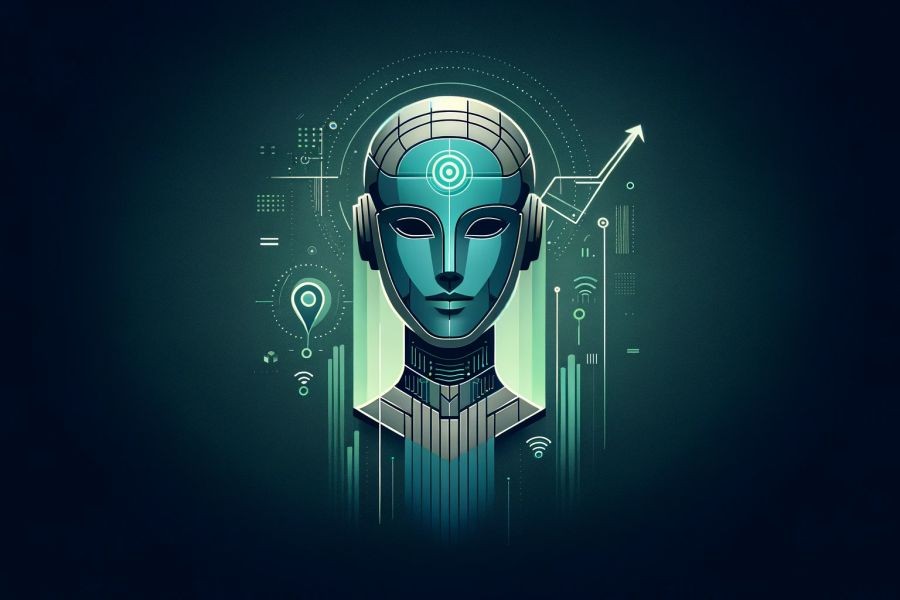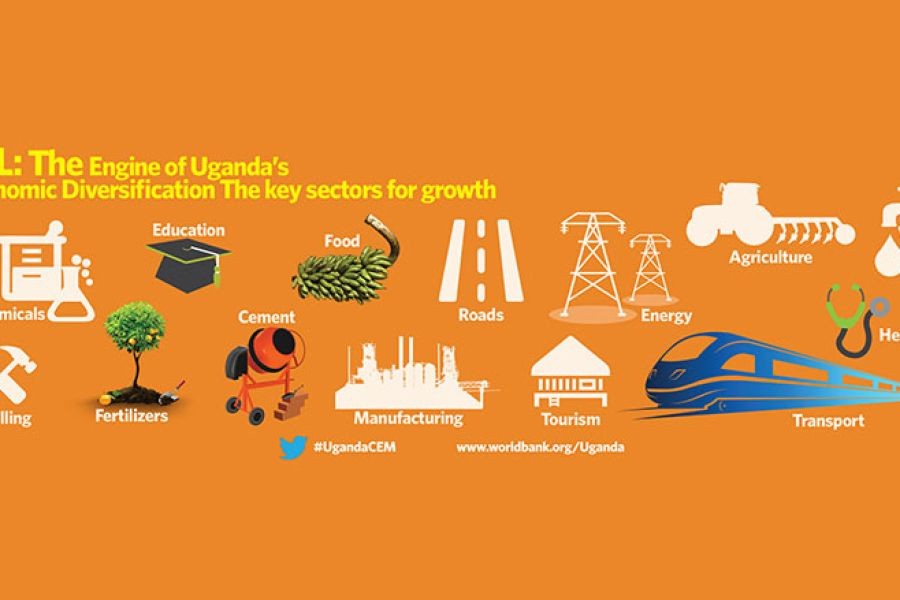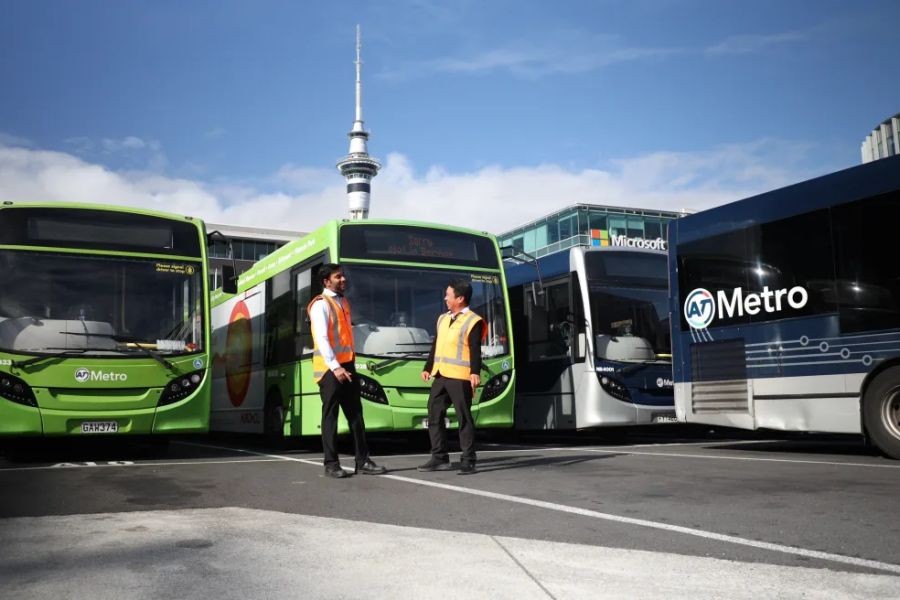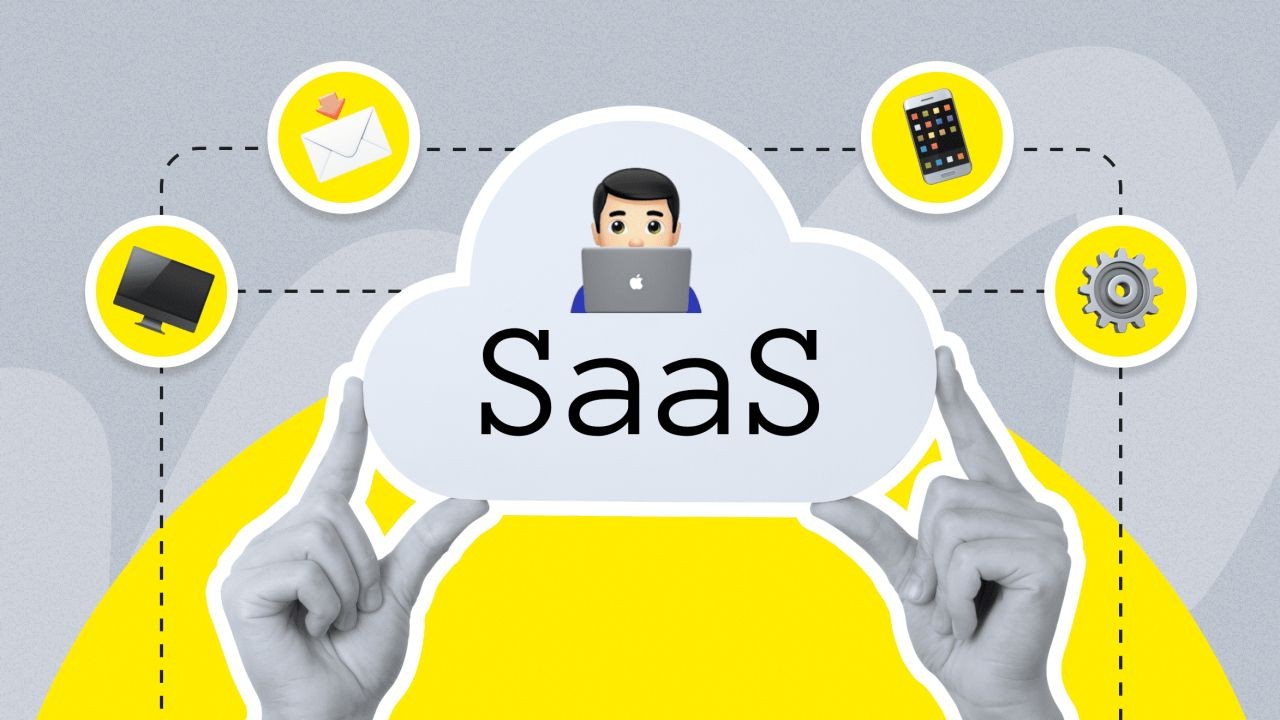The rapid integration of artificial intelligence (AI) into businesses across Australia is reshaping traditional workforce structures. While the promise of increased efficiency and innovation is widely embraced, there is growing concern over AI's potential to replace entire departments quietly and systematically. This article delves into how AI is transforming the Australian business landscape, its implications for the workforce, and what the future holds for AI-driven enterprises.
The Rise of AI in Australian Industries
AI adoption in Australia is accelerating, particularly in sectors such as finance, healthcare, and retail. According to a 2023 report by the Australian Bureau of Statistics (ABS), over 60% of Australian businesses have integrated some form of AI into their operations. The impact is profound, with AI-driven technologies streamlining processes, enhancing customer experiences, and driving growth.
In the finance sector, for example, AI is being utilized to automate routine tasks such as data entry and customer inquiries, freeing up human resources for more strategic roles. In healthcare, AI-powered diagnostics tools are improving patient outcomes through faster and more accurate diagnoses.
AI's Impact on Employment
The integration of AI is not without its challenges, particularly concerning employment. A study by Deloitte indicates that while AI is expected to create new job roles, it will also lead to the displacement of traditional roles, particularly in administrative and operational departments. This shift is prompting Australian companies to rethink their workforce strategies, emphasizing upskilling and reskilling initiatives to prepare employees for AI-centric roles.
Case Study: AI in Retail - Woolworths' Transformation
Woolworths, one of Australia's largest supermarket chains, provides a compelling case study of AI's transformative power. Faced with increasing competition and the need for operational efficiency, Woolworths turned to AI to enhance its supply chain and customer service operations.
Problem: Woolworths struggled with inefficient inventory management and long customer service response times, impacting customer satisfaction and operational costs.
Action: The company implemented AI-driven inventory management systems to optimize stock levels and reduce waste. Additionally, Woolworths introduced AI-powered chatbots to handle customer inquiries, significantly reducing wait times.
Result: Within a year, Woolworths reported a 20% reduction in inventory costs and a 30% improvement in customer satisfaction scores. The AI initiatives not only streamlined operations but also enhanced the overall customer experience.
Takeaway: Woolworths' success highlights the potential of AI to drive efficiency and customer satisfaction in the retail sector. Australian businesses can leverage similar AI strategies to remain competitive and responsive to market demands.
Ethical Considerations and Regulatory Landscape
As AI continues to permeate various sectors, ethical considerations are becoming increasingly important. Issues such as data privacy, algorithmic bias, and transparency are at the forefront of discussions. The Australian Competition & Consumer Commission (ACCC) is actively working on guidelines to ensure AI technologies are used responsibly and ethically.
Furthermore, the Reserve Bank of Australia (RBA) emphasizes the need for regulatory frameworks that balance innovation with consumer protection. These frameworks are crucial in fostering trust and ensuring that AI's integration into the workplace does not compromise ethical standards.
Pros and Cons of AI Adoption
Pros:
- Increased Efficiency: AI automates repetitive tasks, allowing employees to focus on more strategic initiatives.
- Cost Savings: By streamlining operations, AI can significantly reduce operational costs.
- Enhanced Decision-Making: AI provides data-driven insights, enabling more informed decision-making.
Cons:
- Job Displacement: AI can lead to job losses, particularly in roles that rely on routine tasks.
- Ethical Concerns: AI raises issues related to data privacy and algorithmic fairness.
- Implementation Costs: The initial investment in AI technologies can be substantial.
Future Trends and Predictions
Looking ahead, AI's role in Australian businesses is expected to grow even more prominent. By 2028, it is predicted that AI will be integrated into nearly 80% of Australian companies, fundamentally altering how businesses operate. This integration will necessitate a focus on upskilling and reskilling the workforce to ensure employees can thrive in an AI-enhanced environment.
Moreover, emerging technologies such as machine learning and blockchain are expected to complement AI, driving further innovation and efficiency across industries. Businesses that embrace these technologies will likely gain a competitive edge in the evolving market landscape.
Conclusion
The quiet replacement of entire departments by AI in Australian companies is a testament to the transformative power of technology. While the shift presents challenges, particularly concerning employment, it also offers significant opportunities for growth and innovation. Businesses that strategically embrace AI while addressing ethical and regulatory concerns will be well-positioned to succeed in the future.
As we move forward, it is crucial for both businesses and policymakers to collaborate in creating an environment where AI can thrive ethically and sustainably. By doing so, Australia can harness AI's full potential to drive economic growth and enhance the quality of life for its citizens.
People Also Ask
- How is AI affecting Australian businesses? AI is streamlining operations, enhancing customer experiences, and driving growth across various sectors, including finance and retail.
- What are the ethical concerns with AI adoption? Key concerns include data privacy, algorithmic bias, and transparency, which require careful regulatory oversight.
- What is the future of AI in Australia? AI is expected to be integrated into nearly 80% of Australian companies by 2028, driving further innovation and efficiency.
Related Search Queries
- AI impact on Australian workforce
- AI adoption in Australian businesses
- Ethical concerns of AI in Australia
- AI-driven innovation in retail
- Future of AI in Australian industries




































lynngoldie630
6 months ago